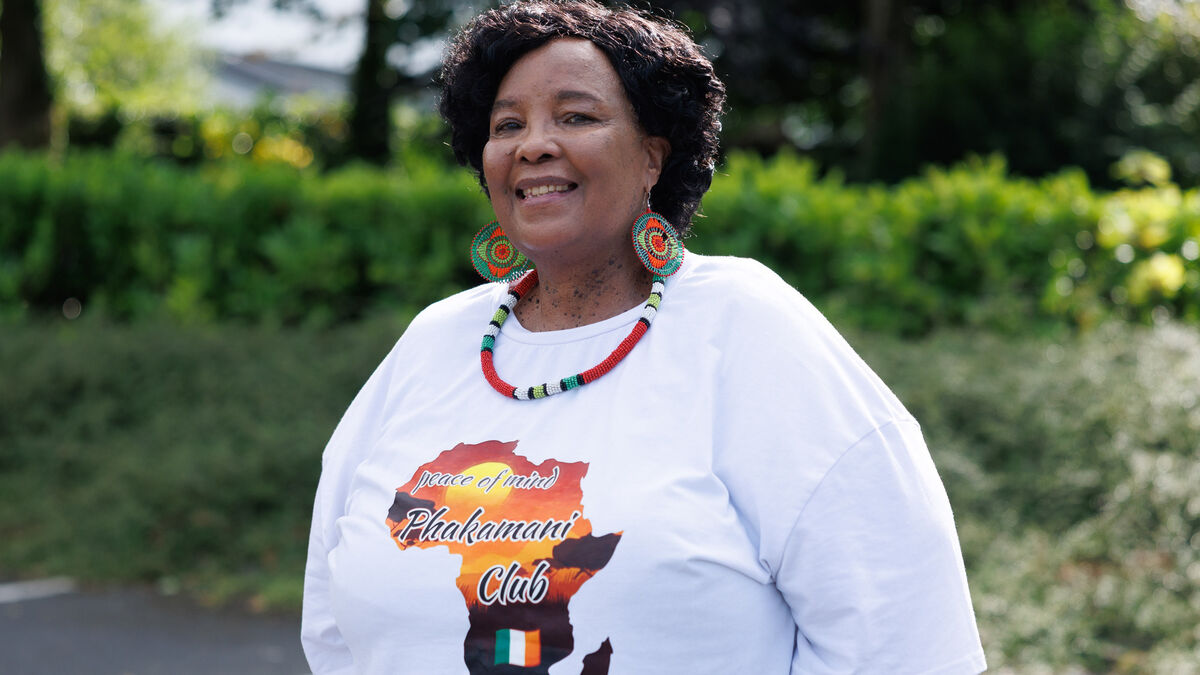A Life Transformed by Courage and Love
Rainy Kelly recalls the terrifying experience of being woken up at 2am by the sound of relentless banging and racial slurs, a common occurrence during her childhood in South Africa under the apartheid regime. Now nearly 70 years old and living in Limerick, she still carries the emotional scars from those dark times.
She remembers the police beating down the door, shouting “Kaffirs,” a dehumanizing term that made her feel like a nameless person. Her family had deep distrust for white people, and she never imagined falling in love with someone who would become her husband. However, her life took an unexpected turn, thanks to the courage of Nelson Mandela.
Mandela’s release from prison in 1990 marked a turning point in South African history. He led negotiations to dismantle apartheid, bringing about multiracial elections in 1994. This led to his election as the country’s first black president. His legacy is celebrated annually on Nelson Mandela Day, which falls on July 18 every year. Rainy will be among the guests attending a Gala dinner in honor of Mandela at the Galway Bay Hotel later this month. The event aims to raise funds for the Hand in Hand-Children’s Cancer Charity, organized by Motsamai CLG, a non-profit dedicated to celebrating Mandela’s legacy.
A Journey of Love and Freedom
Rainy’s life has taken a dramatic turn since her time in South Africa. She came to Ireland 23 years ago to visit her cousin in Ennis. While shopping in a department store in Limerick, a stranger approached her and offered to buy her perfume. She agreed, and the man became her fiancé shortly after. Without Mandela, she believes she would have never experienced such freedom or the chance to fall in love.
Patrick and Rainy have been together for 23 years and are still very much in love. She credits Mandela for giving her the freedom to live her life fully. Despite her current happiness, Rainy’s early life was filled with hardship. She grew up in a two-bedroom house with eight family members, some sleeping on the floor. Police often came at night, pretending to check the registrar but actually taunting them. These visits were a source of fear and torment.
A Life of Oppression and Resilience
Under the apartheid regime, black people lived like prisoners in their own homes. They were not allowed into restaurants or public toilets labeled “whites only.” White children walked to school in nice clothes while Rainy and her siblings had no shoes. These daily struggles shaped her early life, but she found strength in her community.
The day Mandela was released from prison in 1990 was a moment of hope and celebration. Rainy and others felt a sense of unity, knowing that Mandela was fighting for their freedom and equality. His teachings of peace, forgiveness, and togetherness brought a new sense of human rights and dignity.
A New Beginning in Ireland
After marrying Patrick, Rainy kept their relationship secret for a while. She told her family she had a job in Ireland and was safe. When she eventually returned home with her husband, the reaction was one of shock. Her mother could not believe she had married a white man. Rainy had to explain that the Irish people were different and even helped them when needed. Eventually, her mother adjusted and accepted the marriage.
Today, Rainy feels that times have changed significantly. While she may not have full forgiveness for the past, she tries not to dwell on it. Her 16-year-old niece, Dcasor, lives with them, and although they try to explain the challenges they faced, she has no real understanding of what they went through. For her, it’s a completely different world now.
Rainy’s story is a testament to the power of love, resilience, and the impact of a leader like Nelson Mandela. Her journey from oppression to freedom continues to inspire those around her.







